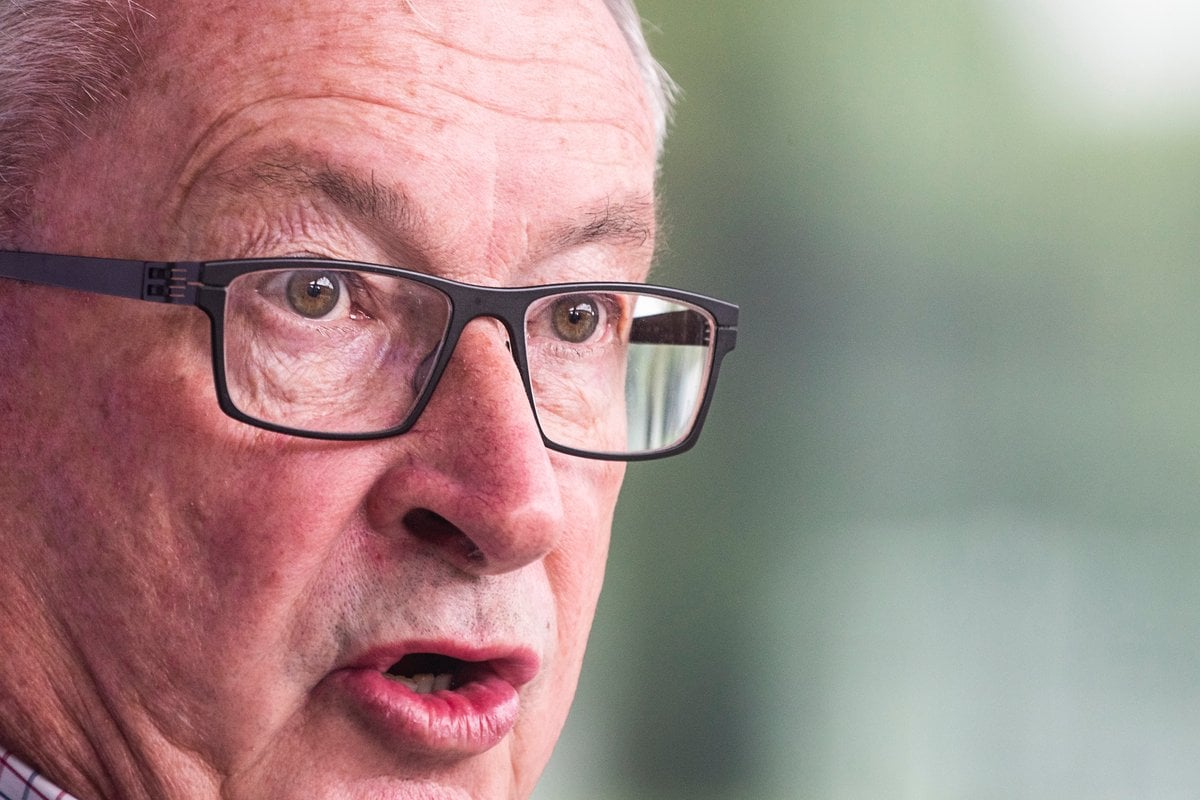
It's almost muscle memory now.
You approach the entrance of a restaurant or shop or salon, whip out your phone and scan the QR code.
Just another fixture of our new normal. Another small but vital step in containing one of the biggest threats to public health we're likely to see in our lifetime.
Yet according to NSW Health Minister Brad Hazzard, there are people deliberately undermining this COVID-19-tracing system.
Watch: "It's about as stupid as it gets." Brad Hazzard blasts people lying when checking in to venues.
"What we are finding is that some of the visitors to various venues still think that it is funny to be caught putting in there that you're 'Donald Duck' or 'Mickey Mouse' or a false phone number," he said during Monday's press conference. "That must stop."
It's hard to imagine that humour could be the motivation, that anyone could think a little chuckle is more valuable than the information needed by a health department contact tracer.
As we're seeing play out in Sydney this week, the ability to determine who was where and when, to reach those most at risk, to inform them, to test them and isolate them, is vital in the race to prevent a localised cluster from becoming a widespread outbreak.




























































































